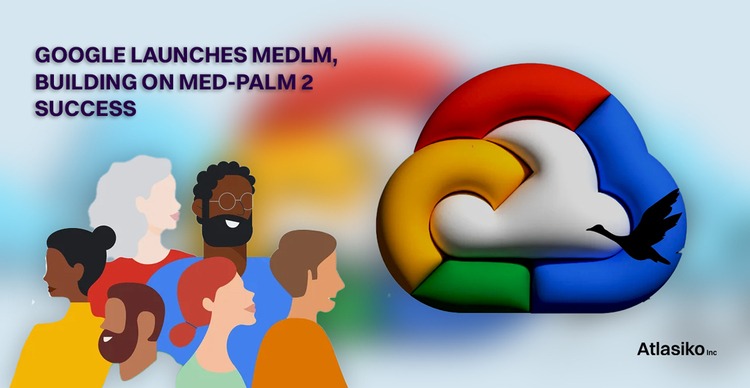Google is aiming to revolutionize healthcare with the introduction of MedLM, a family of Google generative AI models tailored specifically for the medical industry. The tech giant unveiled these models, stemming from the success of Med-PaLM 2, a Google-developed model demonstrating "expert-level" performance on numerous medical exam questions. Currently accessible to Google Cloud customers in the U.S., with a preview available in select markets, MedLM requires whitelisting through Vertex AI, Google's fully managed AI development platform.
MedLM comprises two distinct models: a larger one intended for intricate tasks and a smaller, fine-tunable model ideal for scalability across a variety of tasks. According to Yossi Matias, Google's VP of engineering and research, the effectiveness of a given model depends on the specific use case, with some models excelling at tasks such as summarizing conversations and others at searching through medications.
In initial trials, healthcare facility operator HCA Healthcare, in collaboration with physicians, utilized MedLM to assist in drafting patient notes at emergency department hospital sites. Another participant, BenchSci, incorporated MedLM into its "evidence engine," enhancing the identification, classification, and ranking of novel biomarkers.
Amidst the rush of tech giants like Google, Microsoft, and Amazon to dominate the potentially lucrative healthcare AI market estimated to reach tens of billions of dollars by 2032, concerns about the reliability of such technology persist. Amazon recently launched AWS HealthScribe, leveraging generative AI to transcribe, summarize, and analyze patient-doctor conversations, while Microsoft explores various AI-powered healthcare products, including medical "assistant" tools powered by large language models.
However, caution is warranted in adopting AI in healthcare, given the mixed success seen historically. Babylon Health, an AI startup backed by the U.K.'s National Health Service, faced scrutiny for claims that its disease-diagnosing tech outperformed doctors. IBM also had to sell its AI-focused Watson Health division at a loss due to technical problems damaging customer partnerships.
While Google asserts that its generative AI healthcare tools, like those in the MedLM family, are sophisticated, research suggests limitations. Studies involving generative models like ChatGPT and Google's Bard chatbot revealed inaccuracies in responses to healthcare-related questions. Notably, the World Health Organization (WHO) warned of the risks associated with generative AI in healthcare, citing potential misinformation, data leaks, and errors by healthcare workers.
Despite these concerns, Google maintains its commitment to caution, emphasizing the responsible and safe deployment of generative AI in healthcare.







